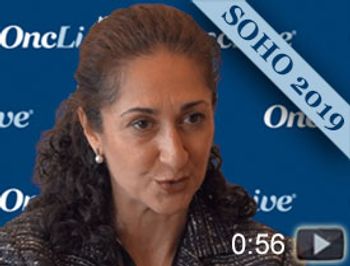
Partow Kebriaei, MD, discusses the eligibility criteria necessary for patients with acute lymphocytic leukemia to undergo stem cell transplantation.

Your AI-Trained Oncology Knowledge Connection!


Partow Kebriaei, MD, discusses the eligibility criteria necessary for patients with acute lymphocytic leukemia to undergo stem cell transplantation.

Novel strategies are needed to enhance the efficacy of CAR T-cell therapies in patients with acute lymphoblastic leukemia, including new constructs that target more than 1 antigen.
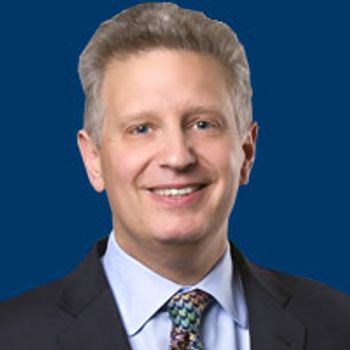
Reducing or interrupting duvelisib treatment does not increase toxicity or reduce outcomes with relapsed/refractory chronic lymphocytic leukemia/small lymphocytic lymphoma. Furthermore, treatment with the PI3K inhibitor led to a superior median progression-free survival compared with ofatumumab while producing rapid and durable responses in heavily pretreated patients.
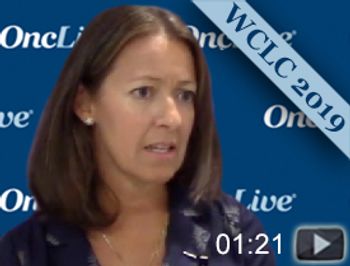
Rosario Garcia Campelo, MD, medical oncologist, University Hospital Caruna, talks about a randomized trial assessing health-related quality of life in patients with ALK-positive non–small cell lung cancer patients who were treated with brigatinib versus crizotinib.
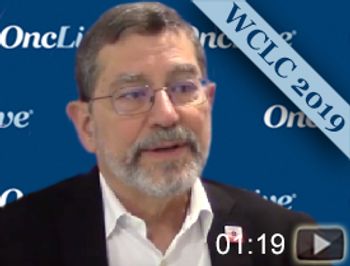
David Carbone, MD, PhD, director, James Thoracic Center, Ohio State University Comprehensive Cancer Center, discusses two abstracts on immunotherapy that were presented by colleagues at the 2019 World Conference on Lung Cancer in Barcelona, Spain.
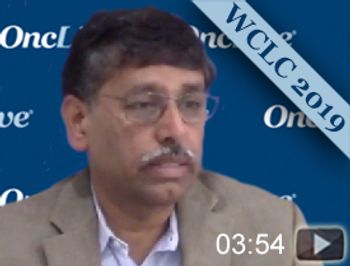
Ramaswamy Govindan, MD, professor of medicine, Washington University School of Medicine discusses the results of a phase I study looking at safety, tolerability, pharmacokinetics, and efficacy of KRAS G12C inhibitor, AMG 510 in patients with non-small cell lung cancer.
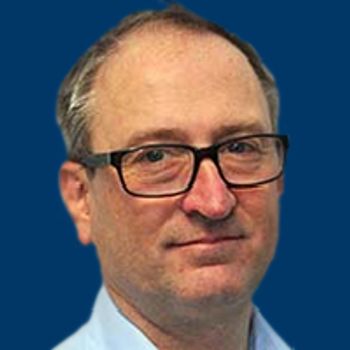
Targeted therapies for non­–small cell lung cancer produced mixed results in a novel multiarm clinical trial that matched tumor mutations to drugs targeting the mutations.
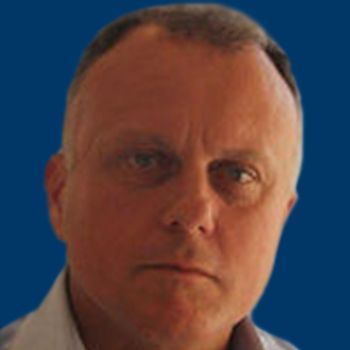
The addition of atezolizumab (Tecentriq) to carboplatin and nab-paclitaxel (Abraxane) showed a clinical overall survival benefit among a subgroup of patients with advanced squamous non–small cell lung cancer.
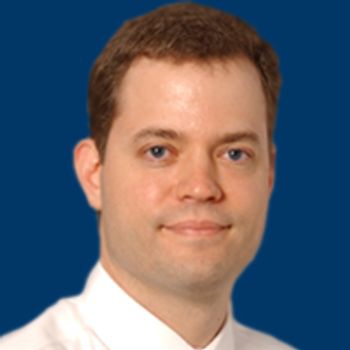
Treatment with nivolumab (Opdivo) was associated with a 5-year overall survival rate of 13.4% compared with 2.6% with docetaxel in patients with previously treated non–small cell lung cancer.
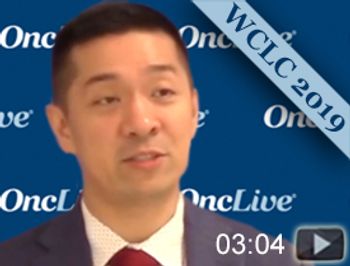
Alexander Drilon, MD, research director, Memorial Sloan Kettering Cancer Center, discusses the results of LIBRETTO-001, a phase I/II trial of RET inhibitor, selpercatinib in patients with RET fusion non-small cell lung cancers.
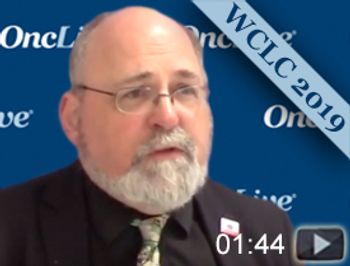
Corey J. Langer, MD, director, thoracic oncology, Penn Medicine, discusses the future of immunotherapy during a discussion about KEYNOTE-021 at the 2019 World Conference on Lung Cancer.
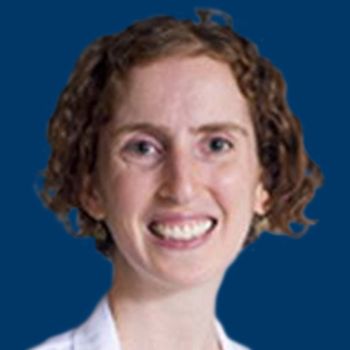
Anna F. Farago, MD, PhD, assistant professor of medicine, Harvard Medical School, discusses the updated activity of larotrectinib in NTRK fusion–positive lung cancer.
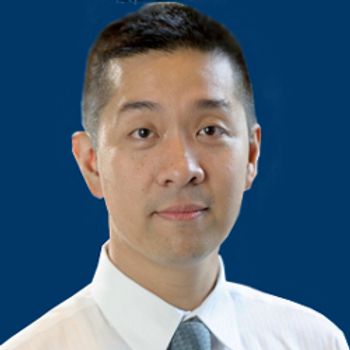
Almost 70% of patients with previously treated RET-fusion–positive non–small cell lung cancer had objective responses to the RET inhibitor selpercatinib (LOXO-292), according to data from the phase I/II LIBRETTO-001 trial presented at the 2019 World Conference on Lung Cancer.
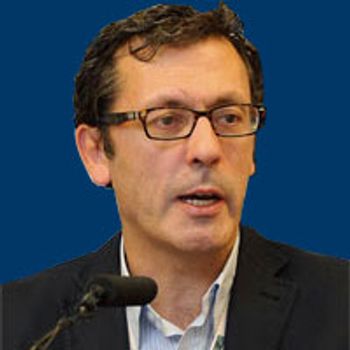
Patients with untreated extensive-stage small cell lung cancer had statistically significant improvement in overall survival when the PD-L1 inhibitor durvalumab (Imfinzi) was added to chemotherapy.
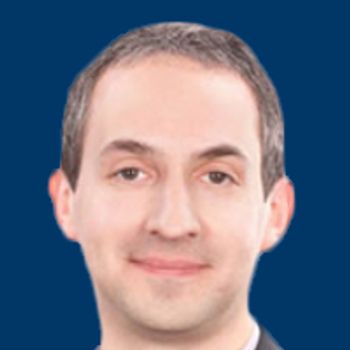
The first-in-class AXL inhibitor bemcentinib (BGB324) demonstrated activity in combination with the PD-1 inhibitor pembrolizumab in patients with advanced non–small cell lung cancer who had no prior exposure to immunotherapy.
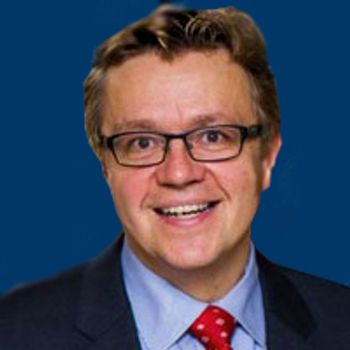
Pasi A. Jänne, MD, PhD, discusses 3 studies of novel agents for targeting EGFR-mutant and HER2-positive lung cancers and the next steps in getting the research to cancer clinics.
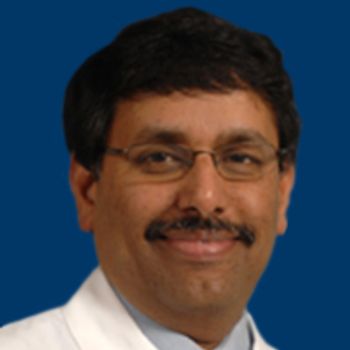
The investigational KRAS inhibitor AMG 510 induced near-universal disease control in patients with advanced non–small cell lung cancer with KRAS mutations.
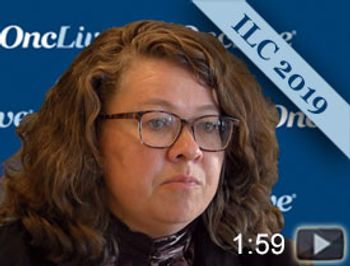
Lyudmila A. Bazhenova, MD, medical oncologist, professor of clinical medicine, University of California, San Diego, discusses new developments in RET-rearranged non–small cell lung cancer.
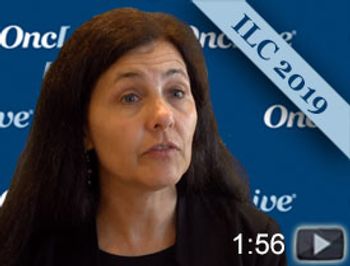
Heather A. Wakelee, MD, professor of medicine (oncology), Stanford University Medical Center, discusses osimertinib and its role in treating patients with EGFR-mutant non–small cell lung cancer.
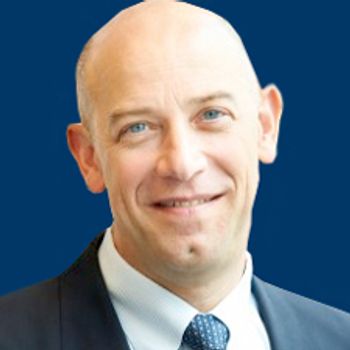
With the arrival of immunotherapy to the small cell lung cancer armamentarium, combination approaches with targeted therapies are now in the pipeline to stimulate further clinical activity, such as adding PARP or CHK1 inhibitors.

The magnitude of data becoming available on immunotherapy combinations for patients with non–small cell lung cancer has made treatment selection complicated.
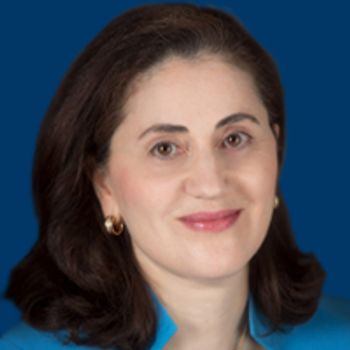
The early potential shown with the KRAS inhibitor AMG 510 coupled with several promising ongoing combination studies has ushered in the beginning of an exciting era for the treatment of KRAS-mutant non–small cell lung cancer.
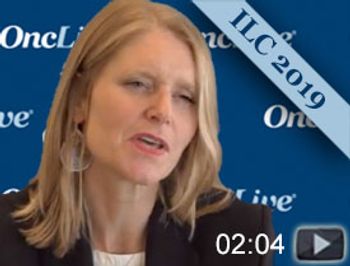
Solange Peters, MD, PhD, of University Hospital Center Vaudois and Lausanne University in Switzerland, discusses the rapid advances in the lung cancer field and the importance of using biomarkers to create personalized immunotherapy treatments for patients.
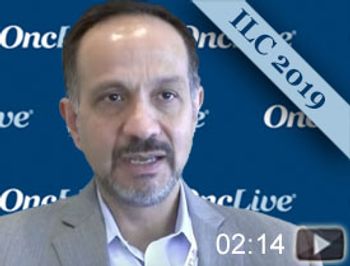
Hossein Borghaei, DO, MS, chief of the Division of Thoracic Medical Oncology, professor of the Department of Hematology/Oncology, and co-director of the Immune Monitoring Facility at Fox Chase Cancer Center, discusses recent announcements from the CheckMate-227 trial in non–small cell lung cancer.
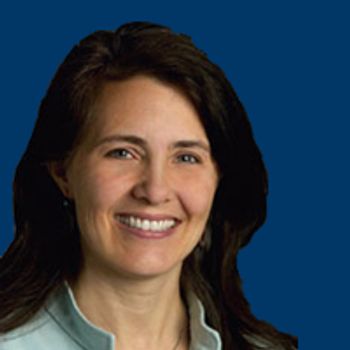
The frontline standard of care for patients with EGFR-mutant non–small cell lung cancer remains an EGFR TKI, most commonly osimertinib in the United States.
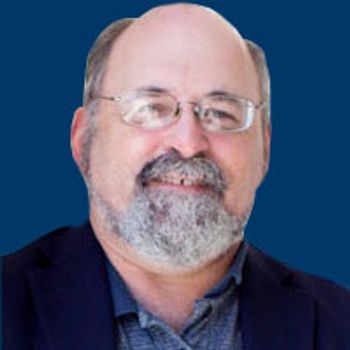
Checkpoint inhibitors in the neoadjuvant setting, as consolidation post-chemoradiation, or in combination with concurrent chemoradiation, are all strategies actively being pursued in the locally advanced non–small cell lung cancer setting.
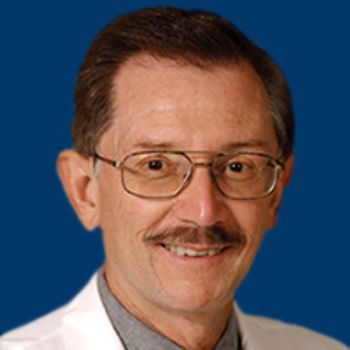
The future generation of agents in lung cancer should be evaluated in improved predictive biomarker-driven trials to identify patients who are most likely to benefit or have detriment for both TKIs and checkpoint inhibitors.
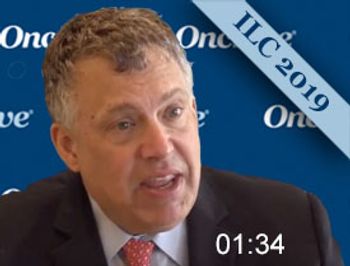
Roy S. Herbst, MD, PhD, chief of medical oncology, professor of medicine, Yale Cancer Center, Smilow Cancer Hospital, discusses combinations with immunotherapy in lung cancer.
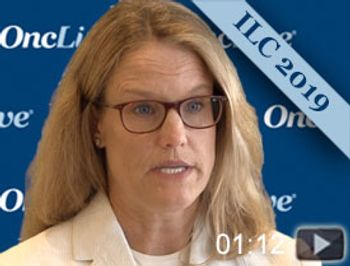
Karen L. Reckamp, MD, MS, discusses pivotal findings with the highly selective MET inhibitors, tepotinib and capmatinib in patients with MET exon 14-altered advanced non–small cell lung cancer.
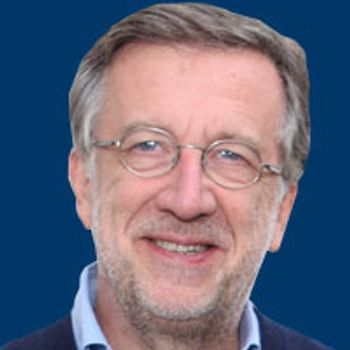
There is a growing need to share information across research settings and the community, with the rapid introduction of new biomarkers, cancer detection strategies, immunotherapies, and targeted therapies. This synchronization of system biology tool datasets could help create a new digital ecosystem focused on precision medicine.